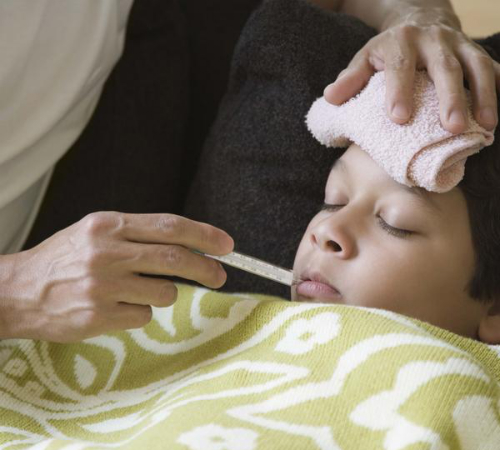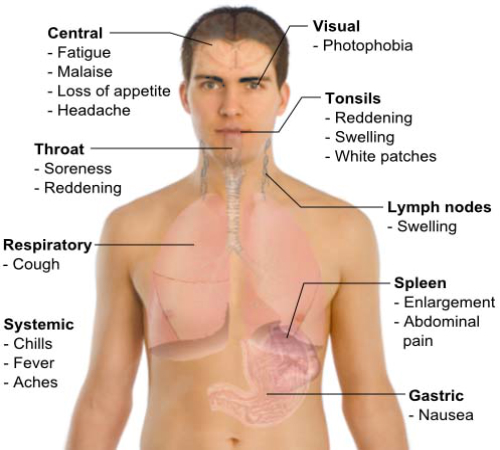Before we jump into the treatment and causes of fever, let us first understand the definition of fever.
Definition of Fever
A fever, often referred to high temperature, is a body condition which is caused as a response to infection. The patient experiences a consistent rise in his body temperature above the normal level of 37°C or 98.6°F. During the initial stages, he feels warm. However, with the persistence of fever, the temperature goes through changes. If it rises consistently, the patient feels shivery; on the other hand, as it drops down, a sudden feeling of extreme warmth and being flushed is experienced.

Urine, chest, kidney, bladder, or throat infection or viral illness such as flu are the most probable conditions which develop fever. Many medical pundits also suggest that fever, which is a natural defensive response of the body against infection, could also develop due to non-infectious reasons.
Also defined as a symptom of an underlying medical condition, it could be a result of extreme temperature linked with sunburn, heatstroke, and other heat injuries or simply as a reaction to certain drugs or medications.
Do it yourself
As primary measures, execute the following practices in conjunction with the treatment prescribed by your doctor:
- Dehydration is bound to take place if your fever persists. Aim to drink a minimum of 8 glasses of water or a fruit juice during the day with a time gap of 1 hour. Avoid drinks containing caffeine
- Try broths and soups if you’re finding it difficult to consume solid food
- Allow your body to rest and not overexert. Skip your office work
- Don’t delay to take a painkiller viz., paracetamol or ibuprofen, as soon as the fever picks up in your body
- Check your temperature with a digital thermometer (place the thermometer in your armpit or mouth and hold until it beeps; note the displayed temperature)
- Relax yourself with loose clothes; maintain your temperature during hot or cold weather – avoid getting heated up or catching cold
- Sponge yourself with lukewarm water if you feel sweaty or warm. If you feel cold or chilly, cover yourself with a light sheet or blanket; avoid warming yourself deliberately

Seek medical help first!
Don’t hesitate to seek a doctor if your fever fails to subside and body temperature leaps over 39.4°C or 103°F despite the above measures taken for 2 consistent days.

Keep a watch on the signs
Fever has some particular symptoms or indications which could differentiate according to the underlying cause, physical condition, or age. You could:
- Feel confused or drowsy
- Have a seizure
- Be sensitive to light
- Have a soar throat, rash, stiff neck, earache, or headache
- Have a breathing difficulty

Have an overview of the causes
Hypothalamus, a small portion of the brain, executes control over the body temperature while reacting to an illness, infection, or other causes including:
- Inflammation causing conditions
- Administration of illicit drugs incorporating cocaine or amphetamines
- Blood clot
- Hyperthyroidism and other hormone disorders
- Inflammatory bowel disorders and rheumatoid arthritis, lupus, and other autoimmune diseases

Know the tests related to fever
- Widal test for typhoid
- Malarial parasite test for malaria
- Dengue IgG & dengue IgM for dengue